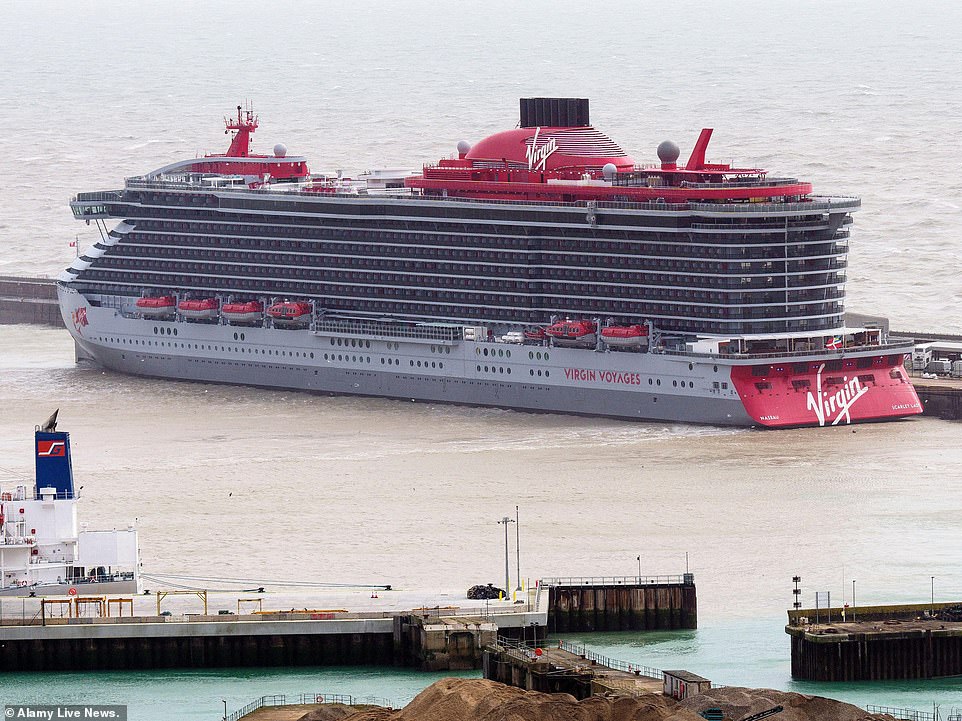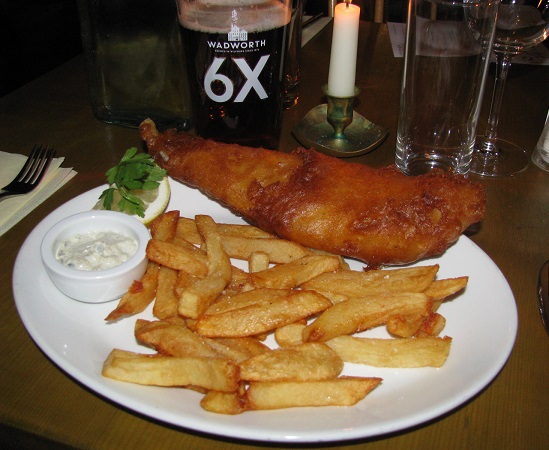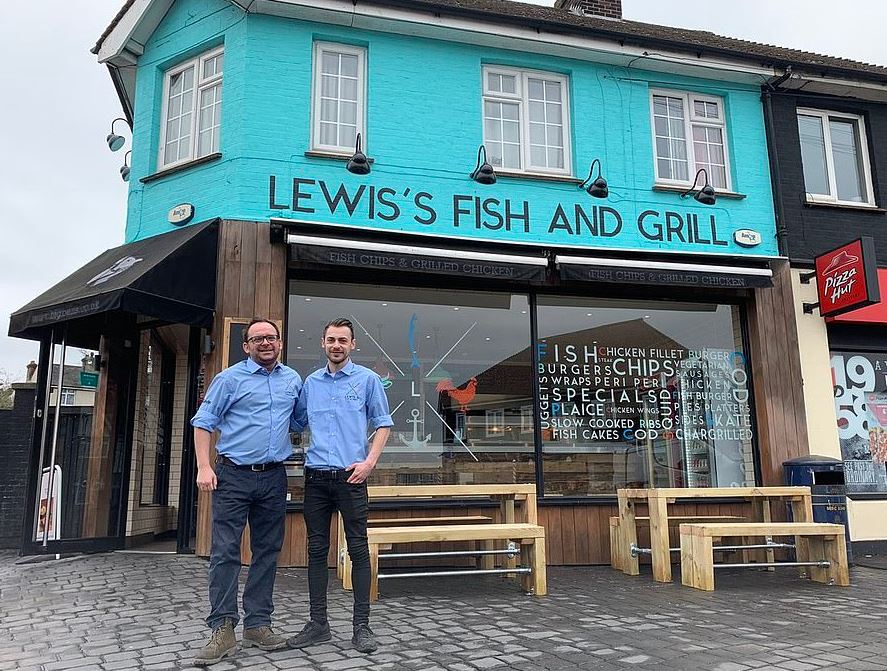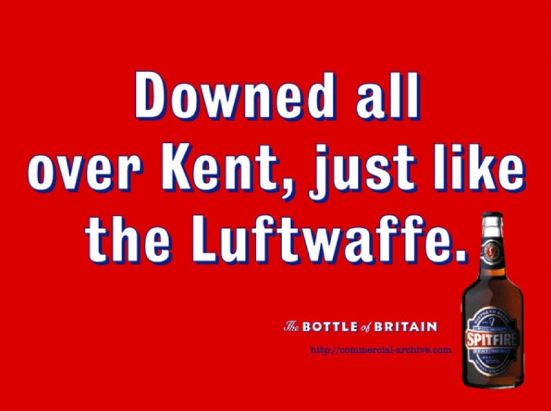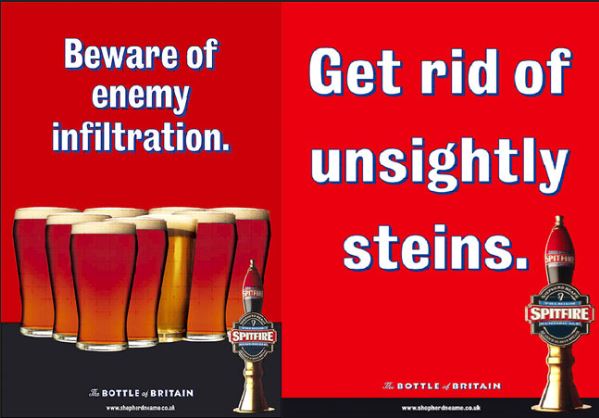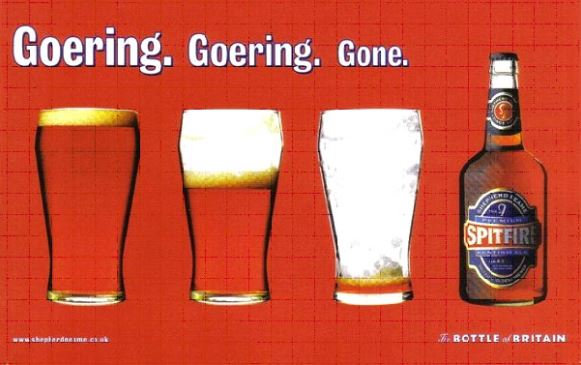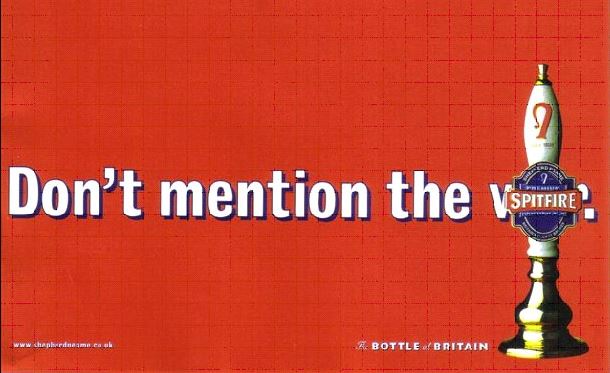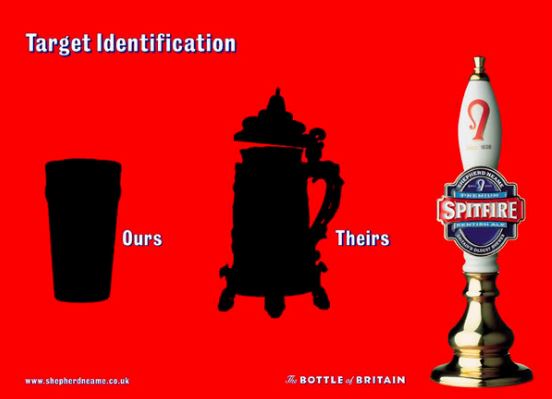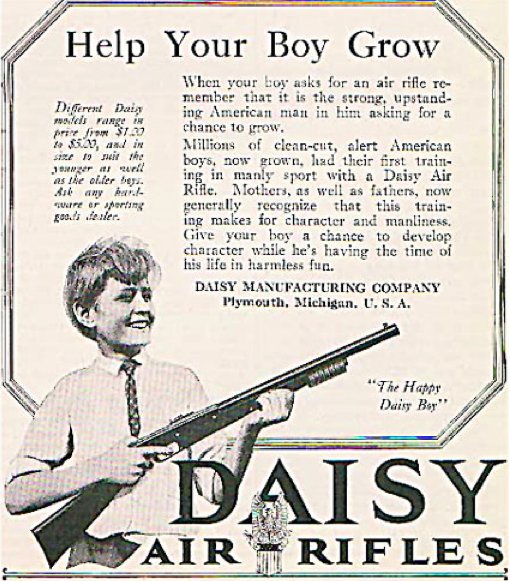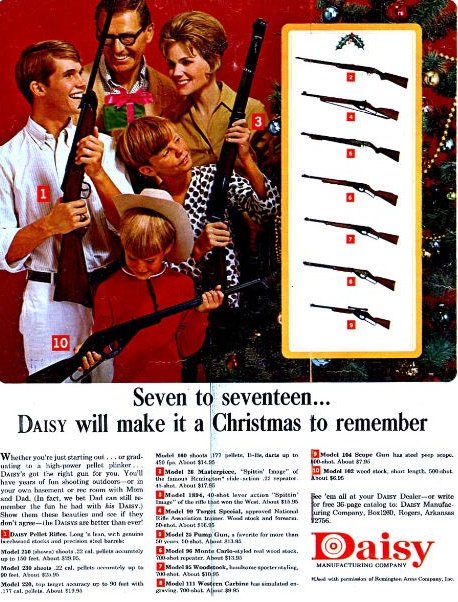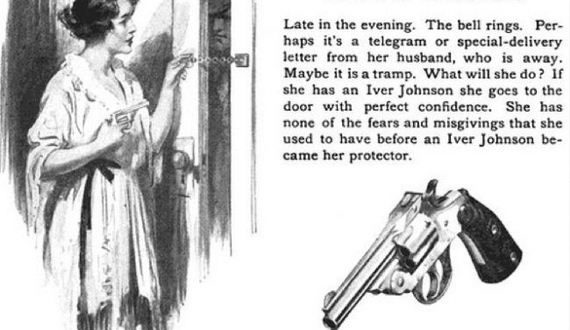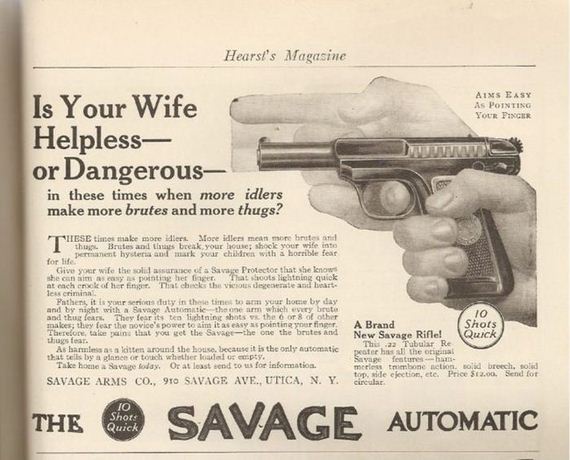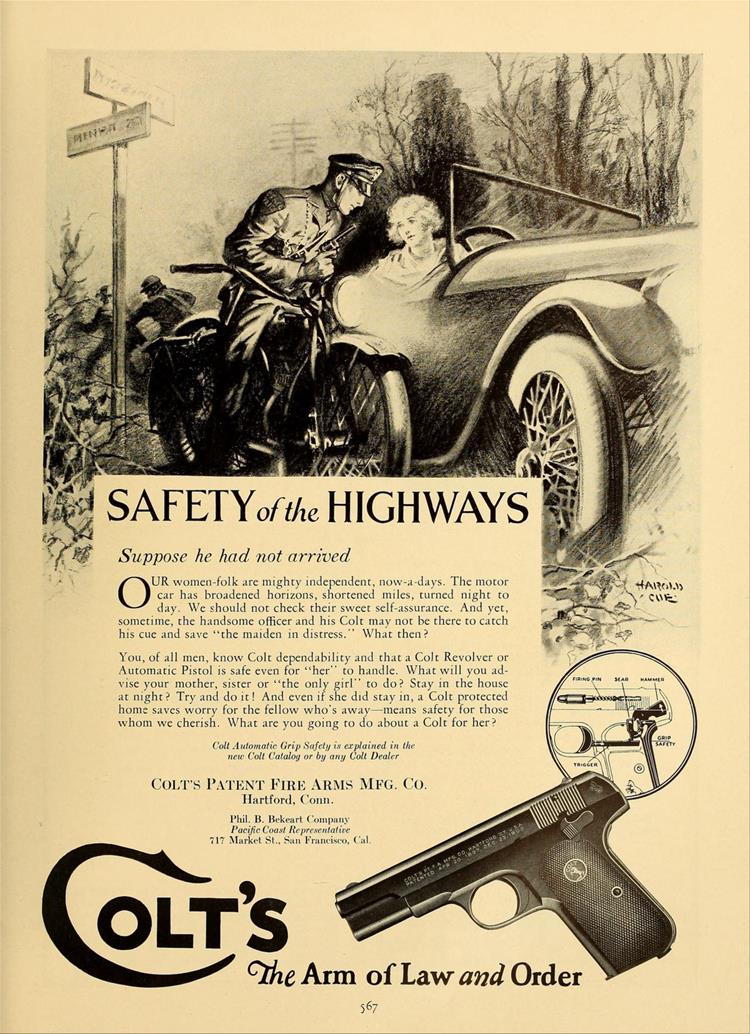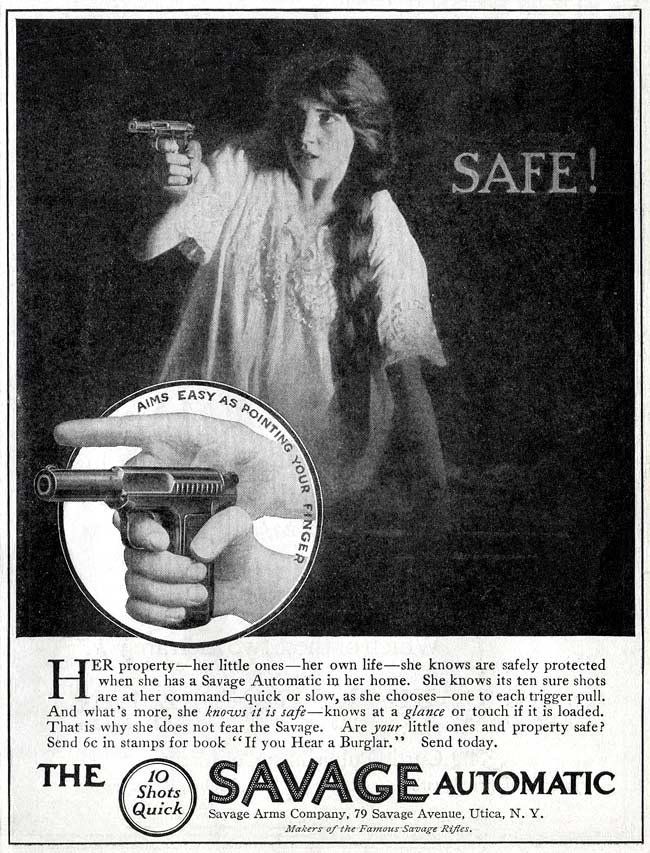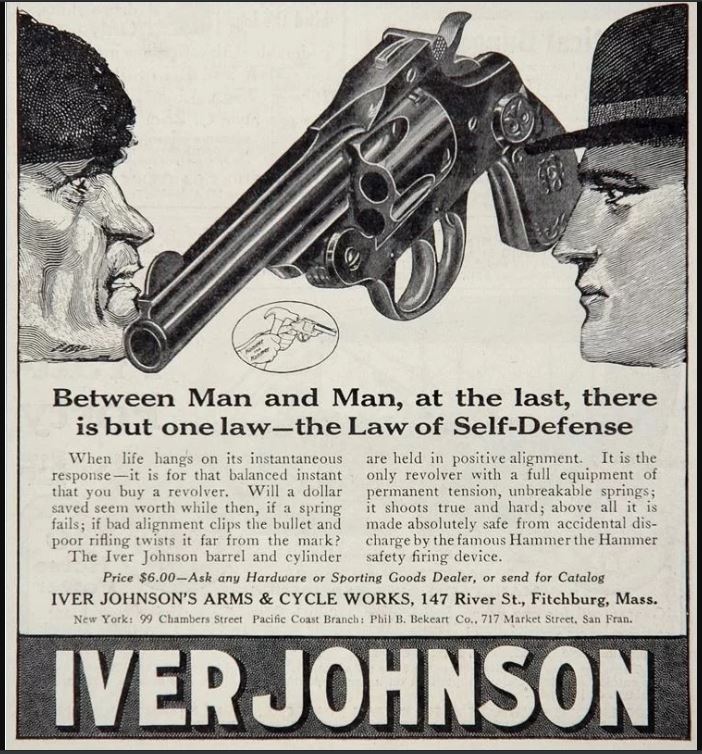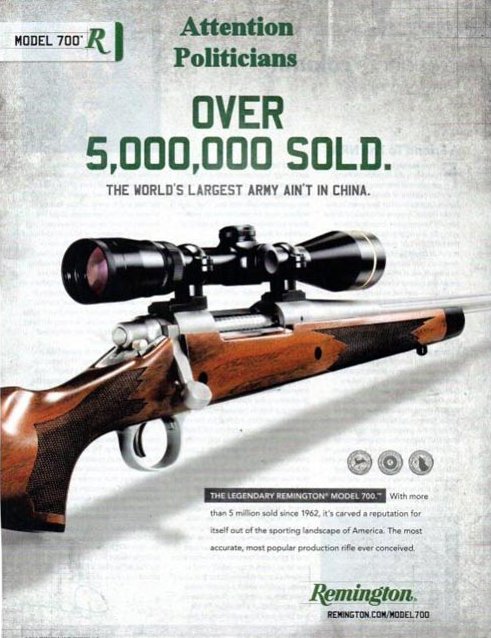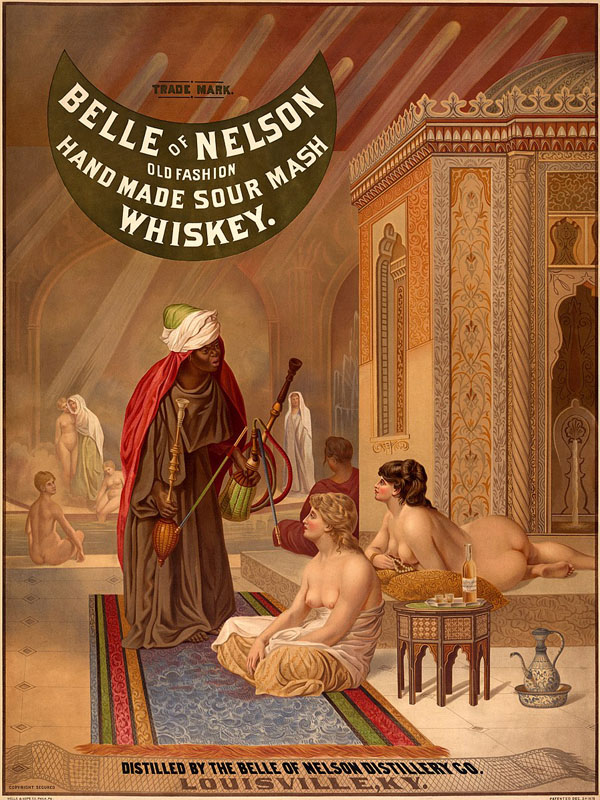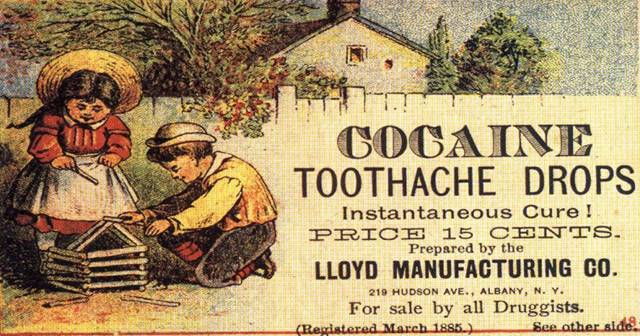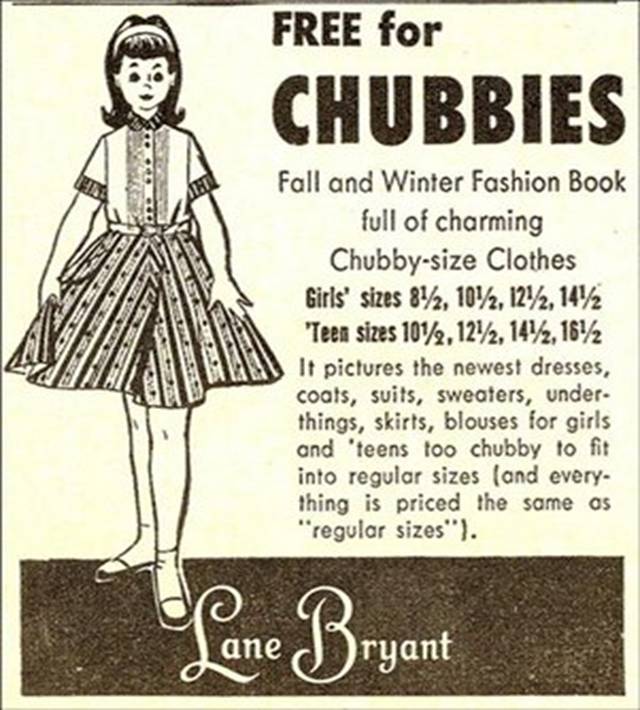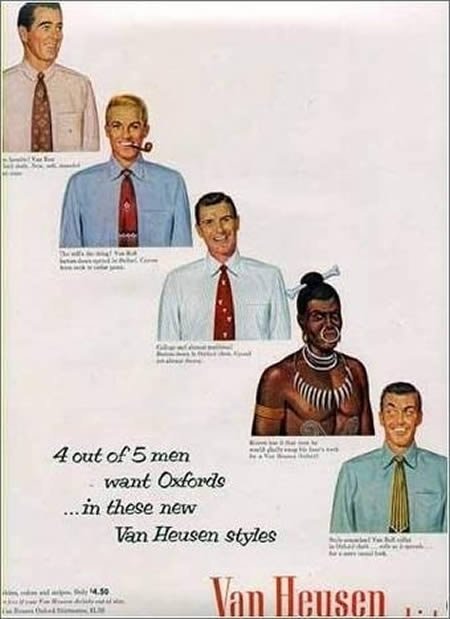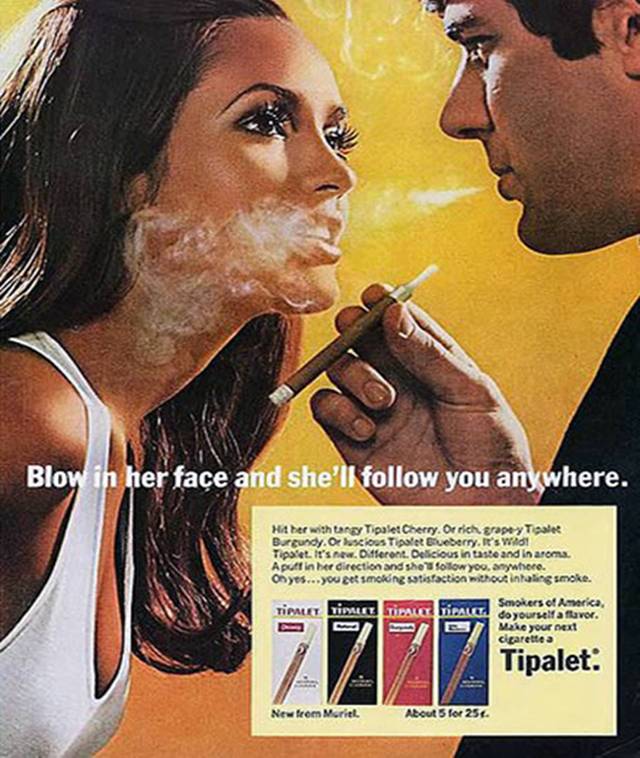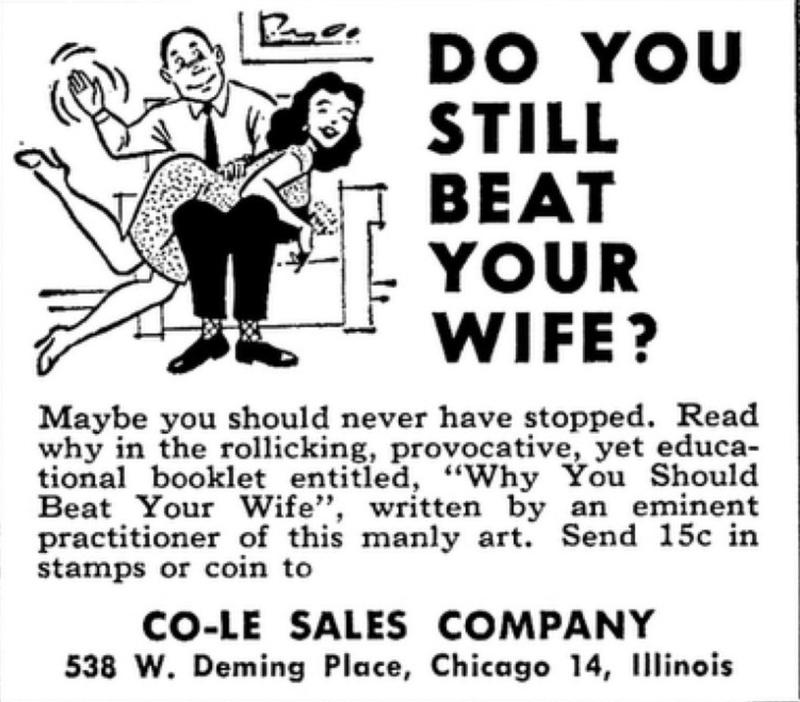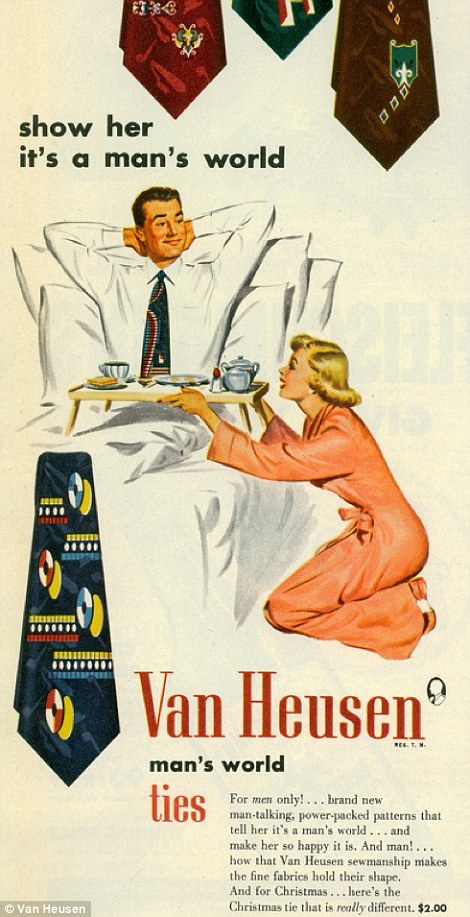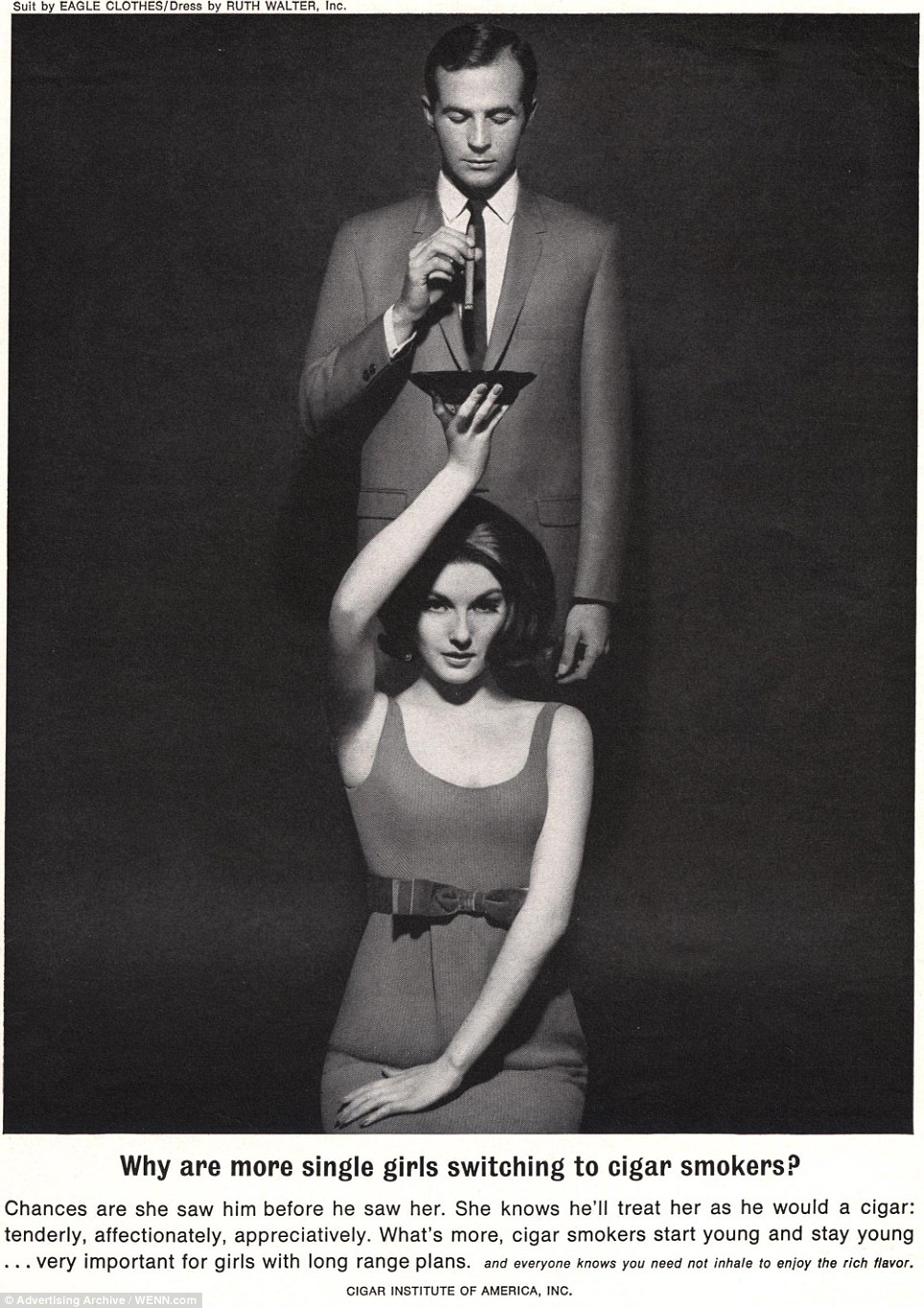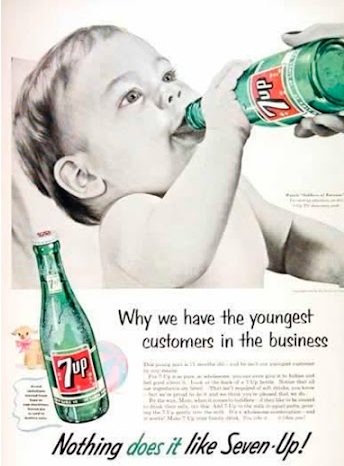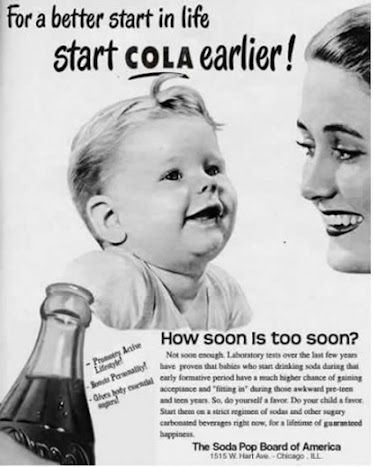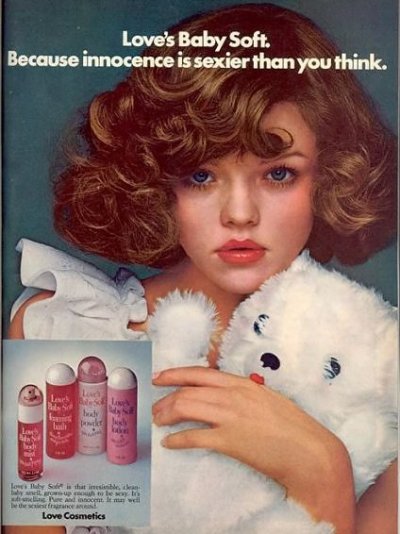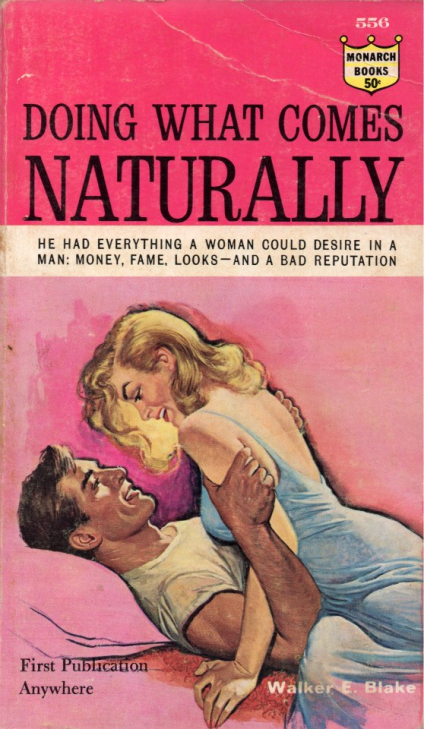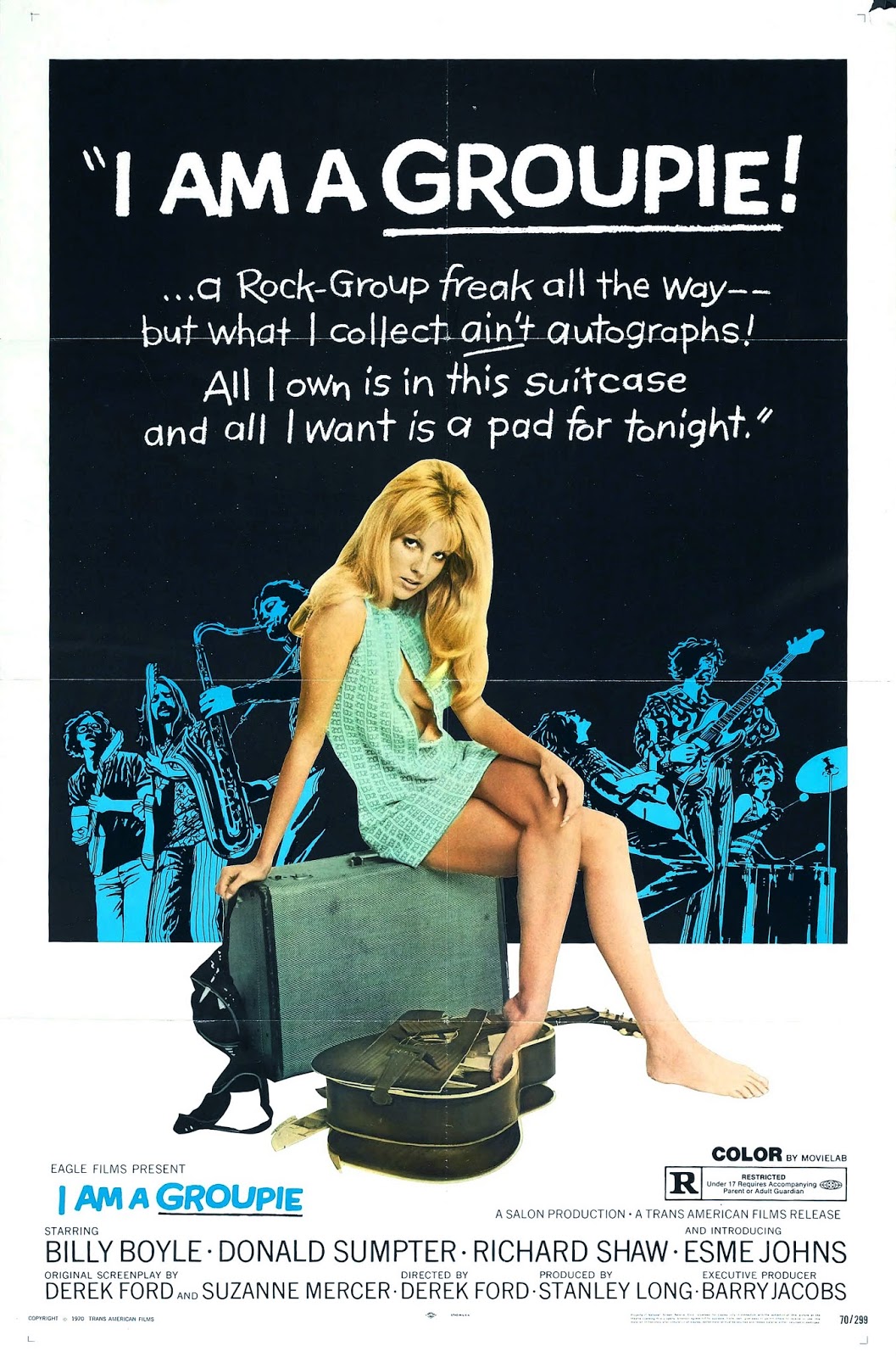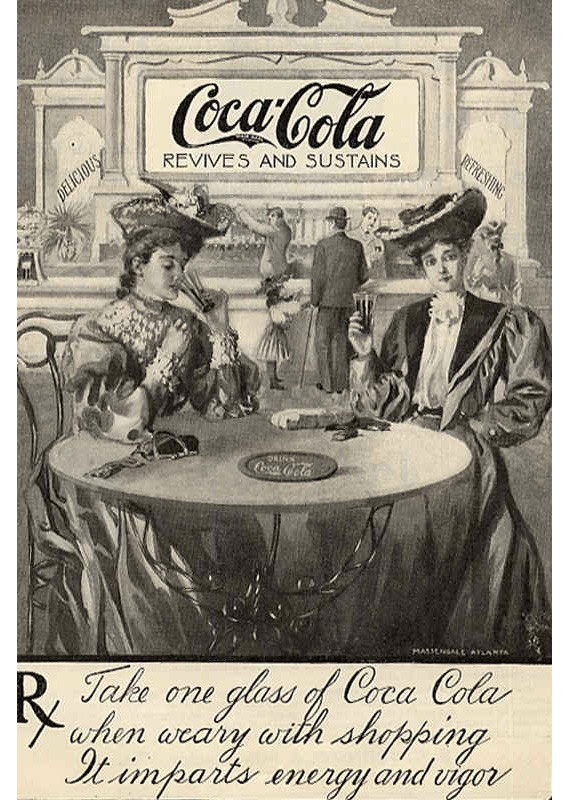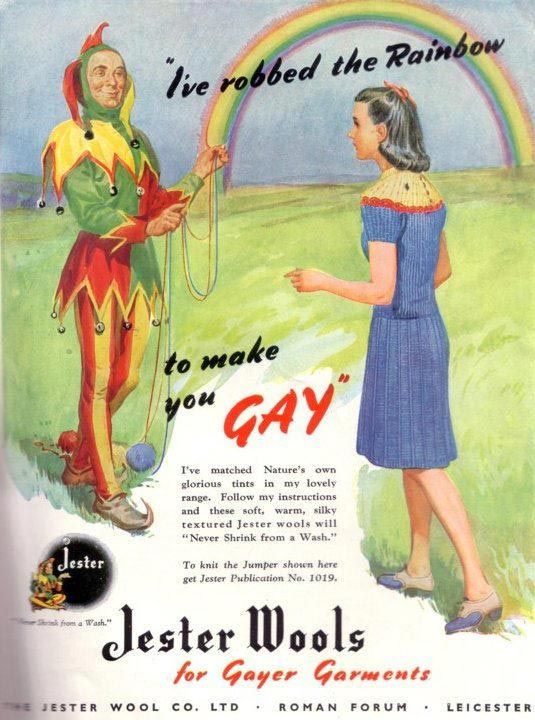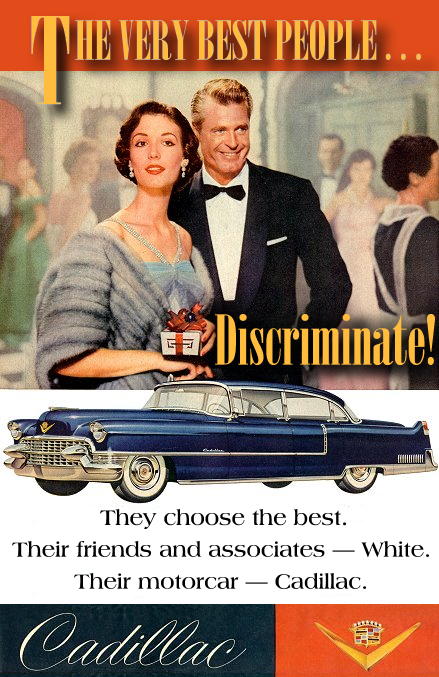Via Insty comes this silliness:
Companies in certain sectors use the same behavioral interventions repeatedly. Hotel booking websites are one example. Their sustained, repetitive use of scarcity (e.g., “Only two rooms left!”) and social proof (“16 other people viewed this room”) messaging is apparent even to a casual browser.
For Chris the implication was clear: this “scarcity” was just a sales ploy, not to be taken seriously.
Well, duh. The oldest advertising gimmick is to threaten shortages: “while supplies last”, “today only”, “limited to the first 50 customers”, and so on.
I’ve used Expedia quite a bit for my international travel planning (they usually handle cancellations better than the establishments themselves do), and the “only 1 room left” warning elicits a response from me of, “Oh well… if the room disappears I’ll just have to find another hotel.”
You see, true scarcity can and does work to drive a purchase decision — World Cup tickets being a good example because it’s one event, one time, one place — but all the artificial scarcity (as above) should get just a shrug from the prospective consumer.
Even more, if the establishment uses it constantly (e.g. Expedia), it becomes just white noise: unless, of course, the customer is a stupid dickhead, in which case they get what they deserve.
The very best reaction to this ploy is to simply say, “Well, if I miss it this time, I’ll just find another vendor or postpone the purchase until the next sale.” Department stores, who seem only to sell merchandise when it’s “On Sale”, have learned to their cost what happens when you turn discounted shopping into an everyday event: people only buy during “sale” periods — which is why department stores are dying.
As for the various online travel sites: if you do find an unbeatable deal for the hotel stay of your dreams at, say, Expedia, check the same hotel’s rates at one of the other booking sites as a backup before making your decision. (By the way, if the deal “disappears”, try calling the hotel direct; I once got a rate lower than Expedia’s “Great Deal” at an Edinburgh hotel during the Royal Military Tattoo Week simply by asking for it.)
And ignore the bullshit.
